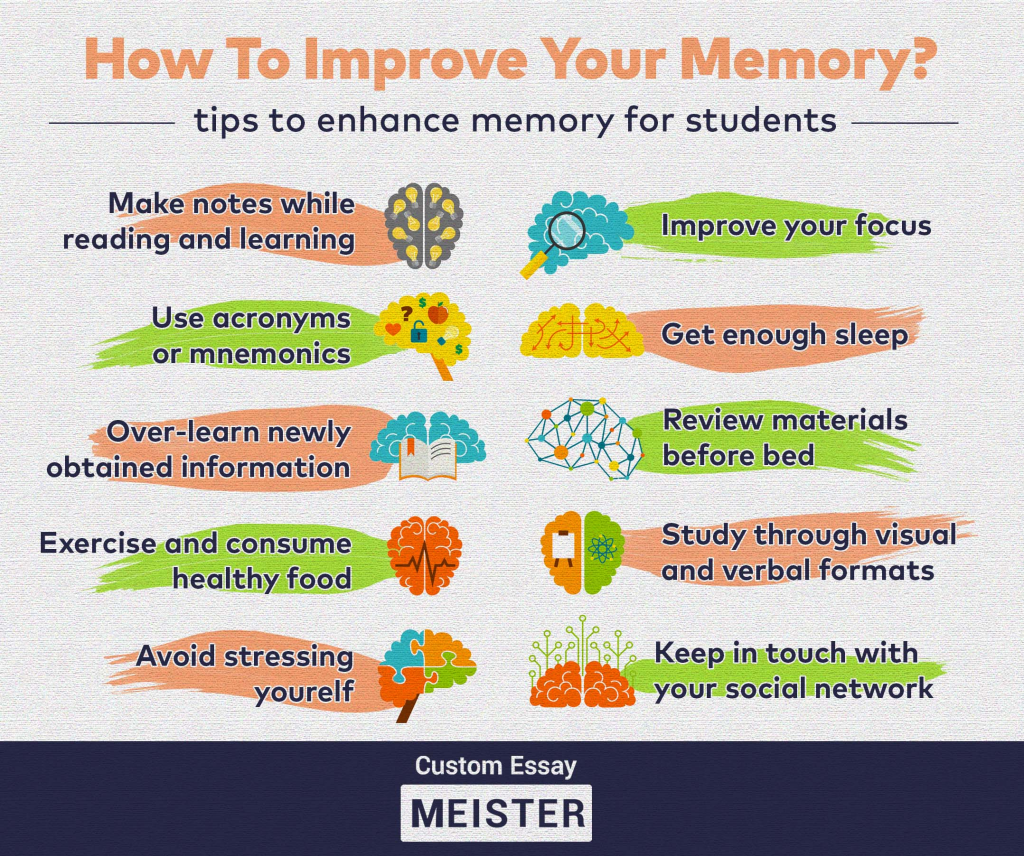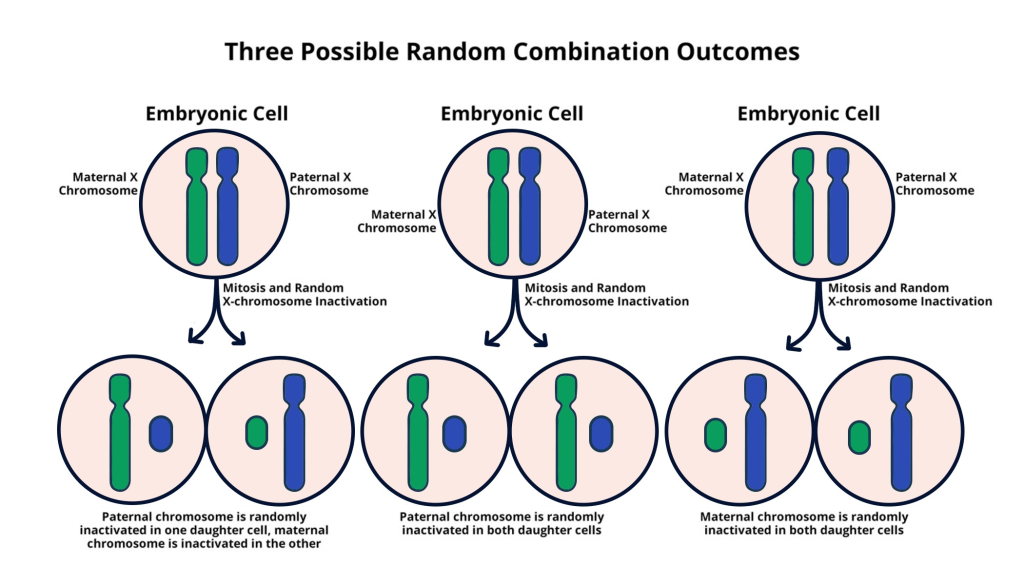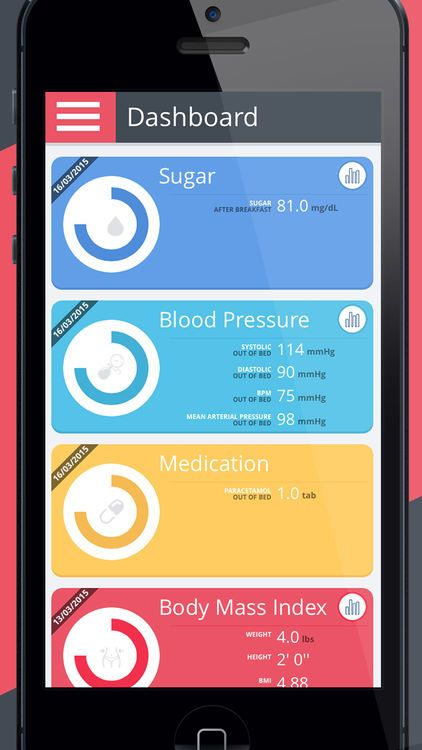
Memory improvement is a topic that resonates with many, especially for those who often find themselves struggling to recall important information. Whether it’s trying to memorize a name at a lively gathering or preparing for a demanding exam, enhancing memory skills can significantly boost performance in both personal and professional realms. Research indicates that employing specific memory techniques can dramatically improve recall and retention. For instance, simple brain tips for recall, such as the use of visual imagery or mnemonic devices, can transform how we store and retrieve information. Dive into our engaging quiz to discover effective strategies and insights on how to improve memory in a fun and interactive way!
Exploring ways to bolster cognitive recall often involves understanding the intricacies of our brain’s functions. Techniques designed to sharpen our mental faculties can enhance not just memory retention, but also overall cognitive performance. From implementing effective learning strategies to utilizing engaging methods like memory quizzes, there are an array of approaches one can take to improve information recall. Discover innovative approaches to enhance mental sharpness, and unlock the potential of your mind by adopting new memory-enhancement practices designed to optimize your learning experience.
Understanding Memory: How It Works
Memory is an integral part of human cognition, serving as the repository for our experiences and knowledge. At a basic level, memory can be understood as a process that encompasses encoding, storage, and retrieval of information. When we encounter new information, our brains encode it into memory, which can be influenced by several factors including attention and emotion. This means that the better we focus on the information when we first learn it, the easier it will be to recall later. Research shows that memory plays a pivotal role in shaping our identities and influencing our behaviors.
Furthermore, memory is not a singular process; it involves various types such as short-term and long-term memory. Short-term memory holds information temporarily, while long-term memory enables us to retain information for extended periods. The techniques we use to enhance memory—like mnemonic devices, visualization, and spaced repetition—stem from our understanding of how these processes function. By leveraging these techniques, individuals can significantly enhance their memory skills, making learning and information recall much more effective.
Memory Improvement Techniques That Work
To improve memory, it’s essential to adopt specific strategies that have been proven effective through research. For instance, employing mnemonic devices can significantly aid in retaining new information. This technique involves associating new data with familiar imagery or concepts, making it easier to remember. Additionally, the ‘method of loci’ or ‘memory palace’ technique enables individuals to visualize a familiar location, placing items they need to remember in specific spots along their mental route, fostering stronger recall. By practicing these memory techniques regularly, individuals can find themselves recalling information more effortlessly in high-pressure situations.
Engaging in regular physical exercise is also beneficial for memory improvement. Studies indicate that physical activity increases blood flow to the brain, delivering nutrients that enhance cognitive function. Simple actions such as brisk walking or yoga can promote the growth of new brain cells and improve overall memory. Moreover, incorporating sleep hygiene into one’s routine is crucial; adequate sleep helps consolidate memories formed during the day, thereby enhancing recall. Thus, integrating physical activity and proper sleep can be pivotal in boosting memory skills.
Brain Tips for Effective Recall
To optimize brain function and memory recall, some effective tips can make a significant difference. Firstly, mindfulness practices such as meditation can enhance focus and reduce stress, which are both essential for effective memory recall. When the mind is cluttered and anxious, the ability to retrieve memories is diminished. Regularly taking mindful moments to breathe and center oneself can create a calmer mental space that fosters improved concentration on tasks that require memory.
Another crucial tip is to practice active learning techniques—this includes engaging with the material by teaching it to someone else or discussing it in a group setting. The more actively involved you are with the information, the better you will be able to remember and recall it later. Additionally, testing oneself through quizzes and memory challenges can reinforce learning and enhance retention. Such brain activities promote neuroplasticity, which is the brain’s ability to adapt and change, ultimately supporting long-lasting memory improvements.
How Nutrition Affects Memory
Nutrition plays a fundamental role in brain health and memory improvement. Foods rich in antioxidants, healthy fats, vitamins, and minerals provide the nutrients necessary for optimal brain function. For example, fish rich in omega-3 fatty acids such as salmon and trout can enhance memory and cognitive abilities, while berries packed with antioxidants help protect against memory loss. Incorporating a balanced diet filled with a variety of whole foods can ultimately support memory retention and improve recall.
Moreover, hydration cannot be overlooked in the quest to enhance memory skills. Dehydration can negatively affect cognitive function, including memory and attention spans. Therefore, drinking adequate amounts of water throughout the day is crucial for maintaining optimal brain performance. By focusing on a nutrient-dense diet coupled with proper hydration, individuals may find they are better equipped to improve memory and enhance overall cognitive prowess.
The Role of Sleep in Memory Retention
Sleep is perhaps one of the most critical components in the memory retention process. During sleep, especially during the REM (rapid eye movement) stage, the brain processes and consolidates memories formed during waking hours. This means that deep and quality sleep is essential for solidifying new information and experiences within the brain’s long-term memory storage. Inadequate sleep can hinder this process, leading to difficulties in recalling information and impairing learning capabilities.
To promote better sleep hygiene, it is essential to establish a consistent sleep schedule, creating an environment conducive to restful sleep. Limiting screen time before bed, managing stress, and creating a relaxing bedtime routine can all support more restorative sleep patterns. By prioritizing sleep as a pivotal aspect of memory improvement, individuals can enhance their cognitive functions and improve their overall ability to remember vital information.
The Impact of Stress on Memory Performance
Stress can have a profound impact on memory performance, often leading to decreased cognitive function. Under stress, the body’s fight-or-flight response can consume cognitive resources, impairing the ability to focus and subsequently affecting memory recall. When experiencing high levels of stress during exams or important events, individuals may find it difficult to remember information they studied, highlighting the need for effective stress management techniques.
To mitigate the effects of stress on memory, practicing techniques such as mindfulness, deep breathing, and physical exercise can help alleviate tension. These strategies not only enhance relaxation but also boost overall brain function and improve the capacity for memory retention. By developing a toolkit of stress management techniques, individuals can create a more favorable environment for memory recall and enhance their performance in challenging situations.
Using Technology for Memory Enhancement
The advancement of technology has introduced numerous tools designed to improve memory and enhance learning. Applications like flashcard programs, spaced repetition systems, and even gamified learning platforms can provide interactive ways to engage with information. These tools allow users to practice memory recall regularly while tracking their progress. Utilizing these technologies can transform the tedious process of memorization into a more enjoyable and effective task, catering to various learning styles.
Additionally, brain-training apps have gained popularity for their promise to sharpen cognitive abilities. These apps challenge users with puzzles, memory challenges, and critical thinking exercises. Regular engagement with these digital platforms can help foster neuroplasticity and improve memory skills over time. As we continue to embrace technology, it remains vital to combine digital learning with traditional memory techniques to ensure a well-rounded approach to memory improvement.
The Importance of Continuous Learning for Memory
Engaging in continuous learning is a powerful strategy for memory improvement. The brain thrives on new experiences and challenges; continually engaging with new information can strengthen existing memory pathways and create new neural connections. Taking up new hobbies, learning a new language, or participating in educational workshops can all serve to keep the mind active and promote lifelong retention and recall of information.
Incorporating regular mental challenges into your routine not only supports memory enhancement but also contributes to overall cognitive health. It is essential to approach learning with an open mind and a willingness to step outside your comfort zone. As you embrace new learning opportunities, you will be better equipped to handle complex information and enhance your memory skills, ultimately leading to greater personal and professional success.
Assessing Your Memory: The Benefits of Quizzes
Participating in memory quizzes can provide insights into one’s recall abilities and highlight areas that may require improvement. Engaging in quizzes related to facts, vocabulary, or even history can sharpen the mind and reinforce learned information. The thrill of challenge can also motivate individuals to explore new subjects and stimulate memory retention, making learning an enjoyable experience.
Moreover, quizzes serve as an effective learning tool to track progress over time. By regularly assessing memory through quizzes, individuals can visualize improvements and reinforce their understanding of various topics. This not only increases confidence but also encourages deeper engagement with information. The incorporation of memory quizzes into your learning routine can catalyze greater memory efficiency and help solidify knowledge in the long term.
Frequently Asked Questions
How to improve memory effectively using brain tips for recall?
To enhance memory effectively, practice techniques such as visualization, mnemonic devices, and the method of loci (memory palace). Engage in regular physical exercise, as it releases growth factors in the brain that improve memory. Additionally, ensure you get ample sleep and maintain a balanced diet rich in omega-3 acids to support brain health.
What are some popular memory techniques for better recall?
Popular memory techniques include using mnemonic devices, the method of loci, chunking information, and spaced repetition. These methods help by creating strong associations and organizing information in a way that is easier for the brain to retrieve.
Can taking a memory quiz help improve my memory skills?
Yes, taking a memory quiz can help improve your memory skills by assessing your current recall ability and highlighting areas that need improvement. Engaging with quizzes can also reinforce learned material and stimulate cognitive function.
What exercises can help to enhance memory skills?
Exercises that can enhance memory skills include brain games, puzzles like crosswords and Sudoku, and physical activities such as dance or sports, which boost cognitive function and memory retention through increased blood flow to the brain.
How does sleep impact memory and recall abilities?
Sleep plays a crucial role in memory formation and recall. During sleep, your brain consolidates and processes memories, freeing up brain capacity for further learning. A good night’s sleep significantly improves recall ability and information retention.
What lifestyle changes can improve memory and cognitive performance?
Adopting a healthy lifestyle can greatly improve memory and cognitive performance. This includes regular physical exercise, a balanced diet with nutrients essential for brain health, managing stress levels through mindfulness practices, and ensuring sufficient sleep each night.
Are there specific foods that enhance memory skills?
Yes, foods such as fatty fish, blueberries, turmeric, broccoli, pumpkin seeds, and nuts are known to enhance memory skills. They contain antioxidants and healthy fats that support brain health and improve cognitive functions.
What is the method of loci in memory improvement?
The method of loci, also known as the memory palace technique, involves visualizing a familiar place and associating the information you want to remember with specific locations within that space. This technique leverages spatial memory, making recall easier.
How does stress affect memory and recall?
Stress can negatively impact memory and recall abilities by impairing cognitive function and hindering memory consolidation. However, in small doses, stress can enhance focus and recall of critical information during high-pressure situations.
What is the best practice for remembering names of acquaintances?
To effectively remember names of acquaintances, repeat the name aloud shortly after meeting them, associate it with a visual image or a fact, and actively engage with them in conversation to reinforce the memory.
| Question | Options |
|---|---|
| 1. You’re more likely to master a new skill, such as playing tennis, if you practice: | – Seven hours once a week – One hour a day for seven days |
| 2. Six weeks of exercise can do which of the following? | – Release growth factors in the brain – Improve memory – Enlarge the volume of the hippocampus – All of the above |
| 3. Which of the following images is a real penny? | – A – B |
| 4. Each time we retrieve a memory we may subtly or even radically change the memory permanently. True or false? | – True – False |
| 5. We can thank research by Harvard psychologist George Miller for the length of: | – Driver’s license ID numbers – ATM PINs – Phone numbers – Library card numbers |
| 6. Memory and performance degrade while multitasking. Which kind of multitasking is harder to achieve? | – Concentrating on two verbal tasks at once – A verbal and a visual task at once |
| 7. When trying to remember an acquaintance’s name, avoid: | – Taking a deep breath and trying to relax – Thinking of a time when you were with them – Thinking of another fact you know about them – Thinking about names that might be theirs |
| 8. You’ve been studying for hours and now facts are starting to “melt together.” Sleeping will help you free up brain capacity. True or false? | – True – False |
| 9. Which of the following substances impair memory? | – Coffee – Cannabis – CBD |
| 10. The strategy for remembering information called “method of loci” or “memory palace” involves: | – Being present and in the moment when trying to recall information – Associating information with major landmarks – Visualizing a familiar building and walking through it in your imagination – Using architectural principles to build memories from the foundation up |
| 11. When stressed out, your fight-or-flight response kicks in. True or false? | – True – False |
Summary
Memory improvement is essential for enhancing your cognitive abilities, whether in academic settings or social interactions. Understanding how to recall essential information can greatly enhance your daily life. Techniques such as regular practice, engaging in exercise, managing stress, and utilizing methods like the memory palace can significantly improve your memory. By implementing these strategies, you can boost your recall ability and retain information much more effectively.


